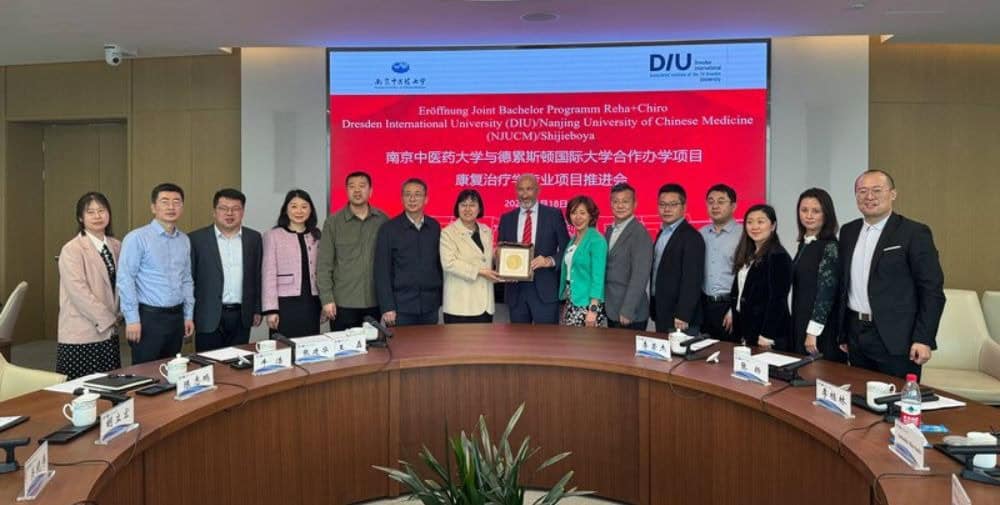
Recognition partnership
In regulated professions, for example in the healthcare sector, formal recognition of professional qualifications is required before starting work. From now on, skilled workers from countries outside the EU and employers can enter into a recognition partnership and the procedure can be operated from within Germany. This means that foreign skilled workers can take up employment in Germany more quickly. Skilled workers and employers undertake to apply for, carry out and support the recognition procedure after entry. The recognition partnership requires at least two years of training or studies and knowledge of German (A2). Further simplifications under residence law for measures to recognize a foreign professional qualification are the expansion of secondary employment opportunities alongside the training measure and the extension of the maximum duration of residence for up to three years.
Decoupling recognition and immigration
Until now, it was often necessary to have a professional qualification formally recognized in order to be able to immigrate to Germany – even if the person wants to work in a non-regulated profession. From March 1, it will be possible for people with professional experience in non-regulated professions to enter and work in Germany without formal recognition. These professions include, for example, all dual training occupations. The prerequisite is proof of a vocational or university degree in accordance with certain requirements. The employer must have a concrete job offer and pay a certain minimum salary.
Educational migration to be strengthened
From March 1, simplifications for foreign students and trainees will also come into force. Among other things, part-time employment opportunities will be extended from ten to up to 20 hours a week, for example as a working student or alongside training. This also applies during periods spent looking for a training or study place, during language course stays and during preparatory study measures. This creates flexibility, makes it easier to earn a living and facilitates the transition to the job market. This makes it even more attractive to come to Germany to start a degree course or vocational training and to stay here as a skilled worker after graduation.
The new provisions of the Skilled Immigration Act also include, among other things, easier access to the labor market for:
- IT specialists
- Care assistants and assistants
- Founders via a start-up grant and
- foreign short-term employees for a maximum of eight months.
– – – – – –
Further links
👉 www.bmbf.de
👉 The new Skilled Immigration Act
Photo: pixabay




